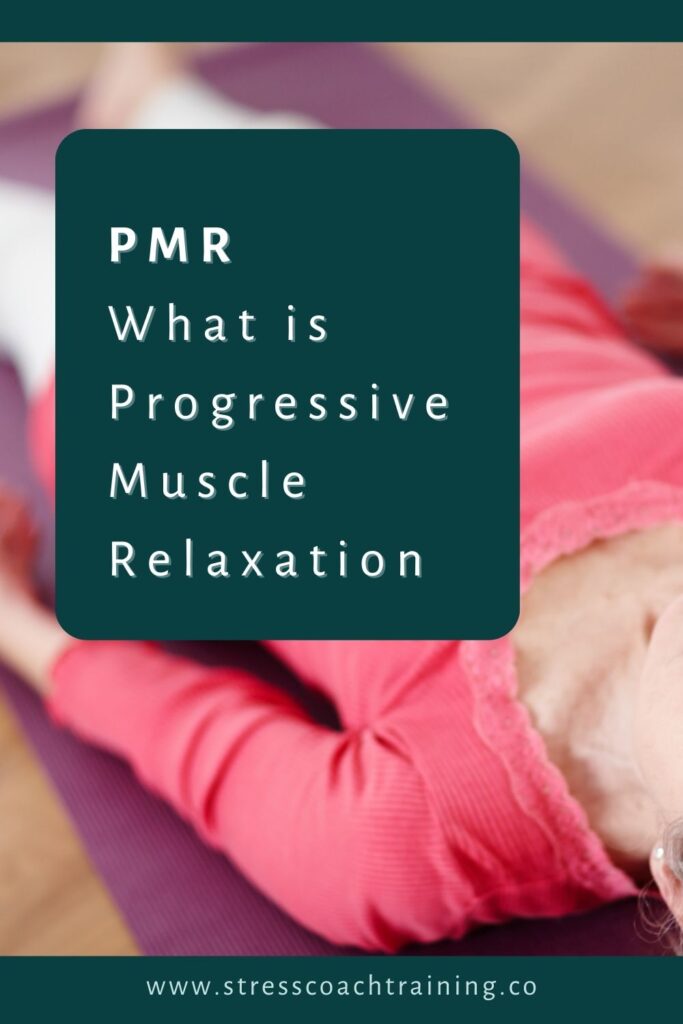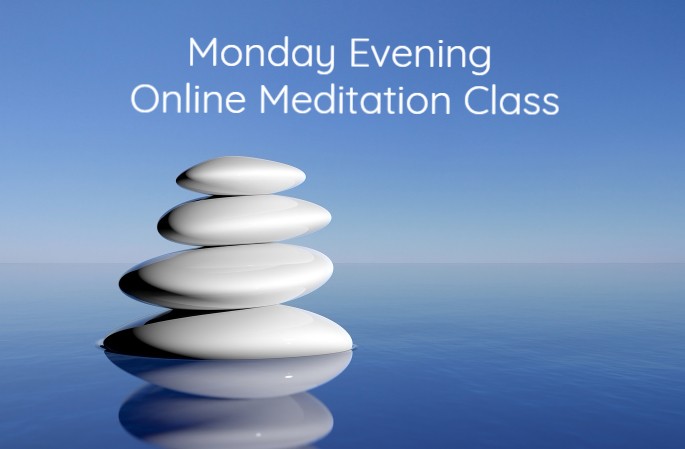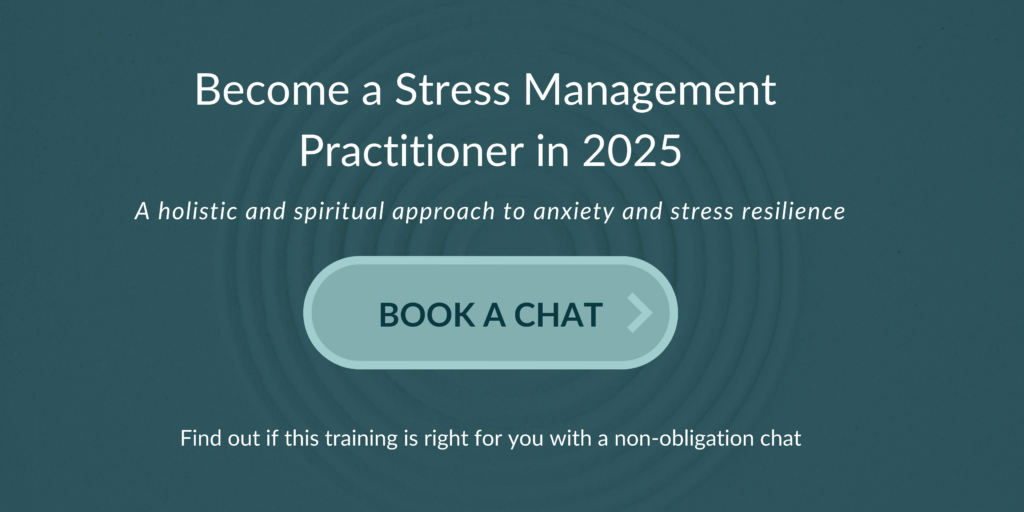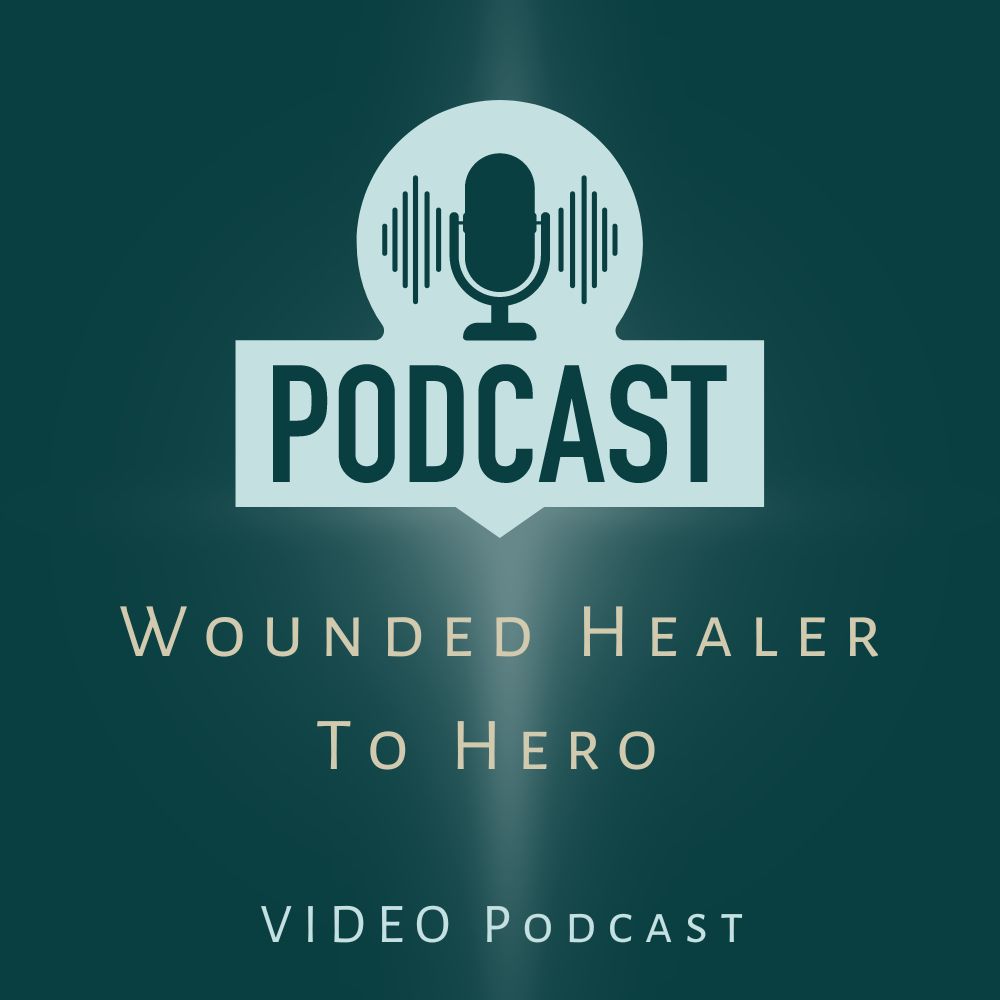What is PMR and why Progressive Muscle Relaxation Techniques are still so effective in reducing chronic anxiety, chronic stress, insomnia, and pain.
So What Is PMR – Progressive Muscle Relaxation Techniques?

Progressive Muscle Relaxation is a deep form of relaxation therapy that relaxes the mind, body, and emotions. This highly effective relaxation technique was developed by Edmund Jacobson in the 1930s. PMR is widely used in clinical settings by Psychotherapists, Psychologists, Counsellors, and Therapists. They are all so some of the techniques used by Relaxation Therapists and Stress Management Advisors.
What Edmund Jacobson Disovered About Anxiety, Stress And Excitement
Edmund discovered in his research that a by-product of anxiety, stress, and excitement was tightening and shortening of the muscular fibres. And that in a state of deep relaxation that muscle tension was reduced.
In his research, he discovered and proved muscle tension caused dis-ease of the mind, body, and emotions. Jacobson published the books Progressive Relaxation in 1929 and You Must Relax in 1934. He did further research up until the 70’s. He created not just PMR but Biofeedback.
Relaxation Techniques And The Relaxation Response
A wide range of research has since demonstrated the benefits of deep states of relaxation coined as the Relaxation Response by Herbert Benson. Relaxation Techniques that elicit the relaxation response have been shown worldwide to lower and treat dis-ease, disease. As mentioned in the paper Genomic Counter-Stress Changes Induced by the Relaxation Response
Stress and muscle tension that over time leads to all sorts of dis-ease of the body; chronic pain, inflammation… Jacobson realised that during periods of stress.
The Use Of PMR By Medical Professionals
PMR is widely used in clinical settings by Psychotherapists, Psychologists, Counsellors, and Therapists. They are all so some of the techniques used by Relaxation Therapists and Stress Management Advisors.
“From the 1920s, 1930s, there were these relaxation practitioners saying, ‘That’s not enough. The therapeutic effect of say, just 20 minutes of proper bodily relaxation is going to be worth more than several hours of bad sleep,” says Ayesha Nathoo from the University of Exeter, who is currently researching the history of relaxation therapies. BBC News

The Use Of PMR Progressive Muscle Relaxation In Relaxation Training
PMR is one of the relaxation techniques used in our and most relaxation therapy training. Relaxation Therapy Training has evolved over the year to include a variety of relaxation exercises, anxiety and stress-busting tools that encourage the relaxation response. But progressive muscle relaxation techniques are still at the core of Relaxation Courses.
Progressive Muscle Relaxation helps not just reduce present anxiety and stress, but helps release the tension and trauma left in the muscular body from previous anxiety and stress. It is one of the reasons why advocate muscle relaxation techniques as one of the first therapeutic approaches.
Many people come to relaxation therapy with not just chronic anxiety disorders or stress but with other health or mental health challenges that have to be addressed carefully. Most relaxation techniques tend to be more suitable and safe for most clients or students than other anxiety and stress management techniques.
Safe Use Of Breathing, Meditation And Relaxation Techniques
The layperson often assumes that all breathing, relaxation, and meditation techniques are safe for everyone. But this is not always the case. I had a client who came to my meditation classes who wore a large metal brace to support his spine who couldn’t not use PMR.
As someone diagnosed with M.E. in my early twenties and later Fibromyalgia spent a large period housebound and bedbound. Although PMR helped me greatly at times there were times when I was so ill and bedbound that any movement caused severe relapses.
I had to introduce PMR into my routine in a very gentle manner only using PMR on the days when I was strong enough to do so. Some muscle relaxation techniques are not always safe for disc problems, spine, or back issues

Certain types of breathing and meditation tools are not ideal at certain stages of trauma, grief, depression, or mental health challenge. Some relaxation techniques are not always safe for disc problems, spine, or back issues so that is why I relaxation therapist only chooses techniques suitable for that clients specific needs.
Early in my career, I came across a lot of clients with chronic anxiety and panic disorders who had felt previous treatments that only or mostly focused on breathing techniques in-fact increased their problems. Interestingly most commented that they actually became more anxious and obsessive over their breathing.
This is just one of the reasons why in our training we encourage our therapists to teach their clients muscle relaxation techniques first.
PMR Progressive Muscle Relaxation Techniques For Pain Relief
PMR and other relaxation exercises are widely used in pain management programs to help reduce and manage pain. Here are a few links that demonstrate pain reduction using PMR after abdominal surgery, kidney replacement therapy (hemiodialysis), endometriosis, and fibromyalgia.
PMR, Muscle Relaxation Techniques For Anxiety Disorders
A variety of relaxation techniques especially PMT are commonly used as part of the treatment for chronic anxiety disorders. As seen in this research paper Muscle relaxation therapy for anxiety disorders: it works but how? Conrad A1, Roth WT.
I have found PMR and other forms of relaxation therapy highly effective to treat anxiety and stress when used in the right way. But like most aspects of dis-ease, it is important to help address not just the symptom but the cause.
Our Relaxation Therapy Students are taught the importance of treating chronic stress and anxiety disorders from a holistic and multi-faceted and person-centered approach.
The Use Of PMR For Mental Health And Stress
A variety of research demonstrates the effectiveness of PMR in reducing stress and other mental health issues. As seen in The Effect of Progressive Muscle Relaxation on Stress Among Clerical Workers and Progressive Muscle Relaxation Improves Anxiety and Depression of Pulmonary Arterial Hypertension Patients
PMR followed with a Guided Meditation or Guided Visualisation to help treat insomnia and stress-related sleep issues.
With such a dramatic increase in mental health issues in recent decades, there is a much bigger need for therapists to learn relaxation techniques.
That is why we offer our Online Ultimate Relaxation Therapy Training a very wide and extensive relaxation therapy training program that includes a wide range of anxiety, stress, sleep therapy, and pain management tools.
Which includes meditation, mindfulness, muscle relaxation therapy, breathing techniques, guided imagery, NLP techniques and so much more.






I loved this article. I appreciate that you have included people who are not the standard and have special needs. There is no one size fits all.